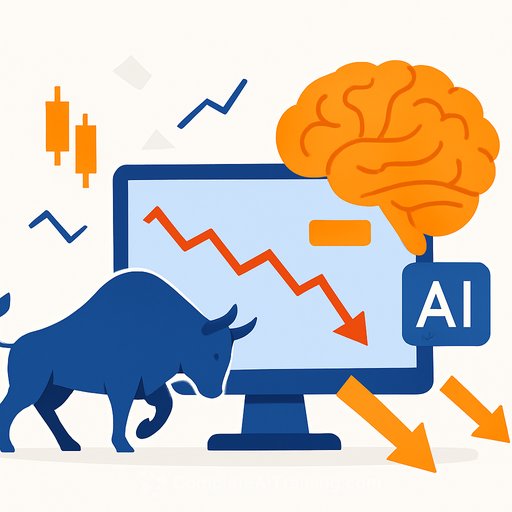Zopa: AI’s Role in Automating Banking and Its Impact on Finance Jobs
Artificial intelligence is increasingly integral to banking operations, promising substantial cost savings but also raising concerns about job losses in the finance sector. A recent report by digital bank Zopa and Juniper Research predicts that generative AI will generate £1.8 billion in savings by 2030, matching the amount invested. However, this efficiency comes with an estimated 27,000 finance jobs at risk.
AI is moving beyond trial phases and becoming embedded in key banking processes—from customer service to back-office tasks. Peter Donlon, CTO at Zopa, describes generative AI as a fundamental shift comparable to the impact of the internet or cloud computing. Zopa’s long experience with machine learning informs their view that generative AI is not just an add-on but a core capability that will reshape the industry.
The Quiet Transformation of Back-Office Banking
While AI-powered chatbots grab headlines, the biggest changes are happening behind the scenes. By 2030, 82% of time saved through AI—equivalent to 154 million hours—will come from back-office automation. Functions like regulatory compliance, fraud detection, and risk management are traditionally manual and complex, but AI will automate many routine tasks.
Cost savings in back-office operations alone are projected to reach £923 million annually by the end of the decade, making up over half of the total sector savings. This automation isn’t just about cutting costs. With growing regulatory pressures, such as fraud reimbursement rules, AI’s ability to detect new fraud patterns in real-time and reduce human error is becoming essential for banks.
By automating routine checks, AI allows finance experts to focus on complex investigations, improving efficiency and effectiveness in combating financial crime.
AI’s Role in Hyper-Personalising Customer Experience
The finance sector is investing heavily in AI-driven customer service, with UK banks expected to spend over £1.1 billion on these technologies by 2030. Sophisticated virtual assistants and chatbots will handle complex queries, offer personalised advice, and anticipate customer needs.
This shift moves beyond basic rule-based bots toward truly conversational AI, saving £540 million in operational costs and freeing 26 million hours of staff time annually. Human agents can then focus on higher-value interactions that require empathy and complex problem-solving.
AI is also enhancing portfolio management with £145 million set to be invested by 2030. Rather than replacing human advisors, AI will augment their capabilities by analysing market data, simulating portfolio outcomes, and automating reports—helping advisors concentrate on strategic decisions and client relationships.
The Changing Landscape for Finance Jobs
These efficiency gains come with tough questions about workforce impact. The report estimates 27,000 finance roles may be displaced by 2030, mainly in customer service and back-office positions, which account for nearly 14,000 and 10,000 jobs at risk respectively.
However, this shift is less about job losses and more about redefining roles. The automation of repetitive tasks opens opportunities to upskill employees for positions in AI governance, data management, and oversight of automated systems. Donlon stresses this moment as a chance to rethink and reskill the financial workforce.
The challenge is managing this change proactively. Equipping banks, fintechs, regulators, and policymakers with clear insights will be key to shaping future jobs rather than simply reacting to disruption.
Legacy Banks Face Pressure to Adapt
The report highlights a growing gap between AI-savvy challenger banks like Zopa and legacy institutions burdened by outdated systems. Nick Maynard of Juniper Research notes that generative AI will reshape banking operations in ways that create both risks and opportunities.
Digital-only banks with established AI expertise are better positioned to lead this transition. For traditional high street banks, the message is clear: adapt quickly to maintain relevance in a finance industry driven by automation, personalisation, and smart technology.
Finance professionals looking to stay ahead would benefit from exploring AI training and upskilling opportunities to align with this shift. Resources such as Complete AI Training’s finance-focused courses can provide practical guidance on adapting skill sets for the AI era.
Your membership also unlocks:






